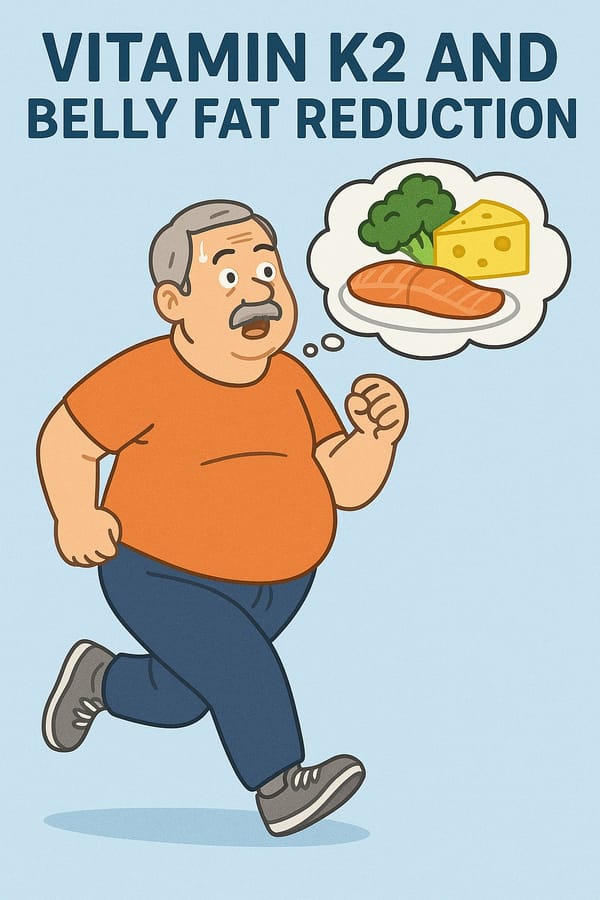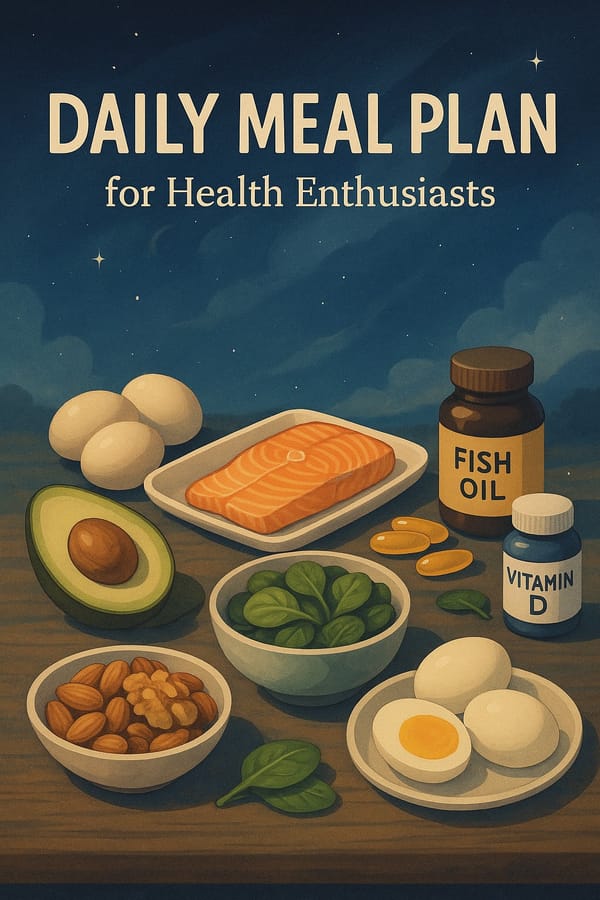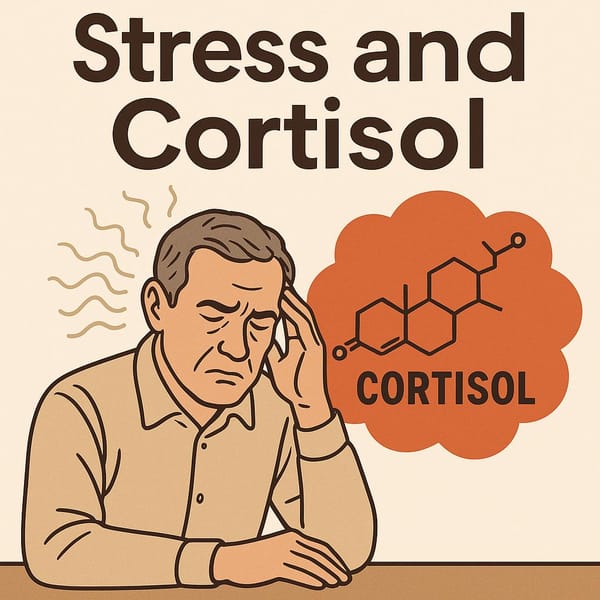Unlocking the Secrets of Testosterone: The Driving Force of Body and Mind

Introduction
Have you ever wondered how energy, strength, and mood are connected to a hormone called testosterone? This hormone is more than just a marker of masculinity in men; it plays a critical role in the health and well-being of both men and women. In this article, we will explore testosterone in depth, covering everything from its biological roles to natural ways to maintain optimal levels.
1. What is Testosterone?
Testosterone is a hormone in the androgen group that plays a vital role in growth and development. In men, it is primarily produced in the testes, while in women, it is produced in smaller amounts in the ovaries and adrenal glands.
Key Roles of Testosterone
- In Men:
- Stimulates muscle and bone development
- Promotes sperm production
- Enhances libido
- Influences mood, confidence, and energy levels
- In Women:
- Helps maintain muscle and bone mass
- Balances other hormones
- Boosts energy and strength
2. Signs and Effects of Imbalanced Testosterone Levels
Low Testosterone
- Symptoms:
- Fatigue and low energy
- Reduced sexual drive
- Loss of muscle mass and strength
- Mood swings or depression
- Causes:
- Aging (Andropause in men)
- Chronic stress
- Insufficient sleep and chronic diseases like diabetes or obesity
High Testosterone
- Symptoms:
- Aggressive behavior
- Excessive acne
- Hair thinning or loss due to DHT (Dihydrotestosterone)
- In women: excessive body hair and deepened voice
3. Hair Thinning from DHT: A Hormonal Challenge
DHT (Dihydrotestosterone) is a derivative of testosterone converted through the enzyme 5-alpha reductase. While DHT plays a role in male development, it also contributes to shrinking hair follicles, leading to hair thinning or baldness in men.
Factors That Increase DHT Production
- Overtraining
- Genetics
- Chronic stress
Solutions to Combat Hair Thinning from DHT
- DHT-Blocking Medications:
- Finasteride or Dutasteride, used under medical supervision
- Specialized Shampoos:
- Products containing DHT blockers like Ketoconazole
- Dietary Support:
- Foods like saw palmetto, pumpkin seeds, and green tea
- Laser Therapy:
- Low-Level Laser Therapy (LLLT) stimulates blood flow to hair follicles
- Hormonal Balance Management:
- Reduce stress and exercise moderately
4. Natural Ways to Maintain Testosterone Levels
1. Exercise
- Resistance Training: Activities like weightlifting boost testosterone production
- Moderate Cardio: Improves circulation and hormone balance
2. Diet
- Testosterone-Boosting Foods:
- Healthy Fats: Avocado, olive oil, and almonds support steroid hormone production
- High-Quality Protein: Found in lean meats, eggs, and fish for tissue repair
- Zinc-Rich Foods: Oysters, beef, and pumpkin seeds help stimulate testosterone production
- Vitamin D: From egg yolks, salmon, and sunlight to boost hormone levels
- Magnesium: Found in spinach and whole grains to balance hormones and reduce stress
- Avoid:
- Sugar, processed foods, and excessive alcohol, which hinder hormone production
3. Sleep
- Get 7-9 hours of quality sleep each night
4. Stress Management
- Relaxation Techniques: Meditation or yoga can lower cortisol, which negatively impacts testosterone
5. How to Monitor and Treat Testosterone Levels
Monitoring
- Blood Tests: Assess hormone levels and diagnose related issues
Treatment
- Hormone Replacement Therapy (HRT):
- Suitable for those with significantly low testosterone levels affecting their quality of life
- Supplements:
- Vitamin D and zinc, but always consult a healthcare provider first
6. Conclusion
Testosterone plays a pivotal role in the health of both men and women. Maintaining balanced hormone levels can positively impact physical and mental well-being. Paying attention to diet, exercise, and adequate rest is key to supporting your hormonal system in the long run.
Have you ever checked your hormone levels? Share your experiences in the comments below!



